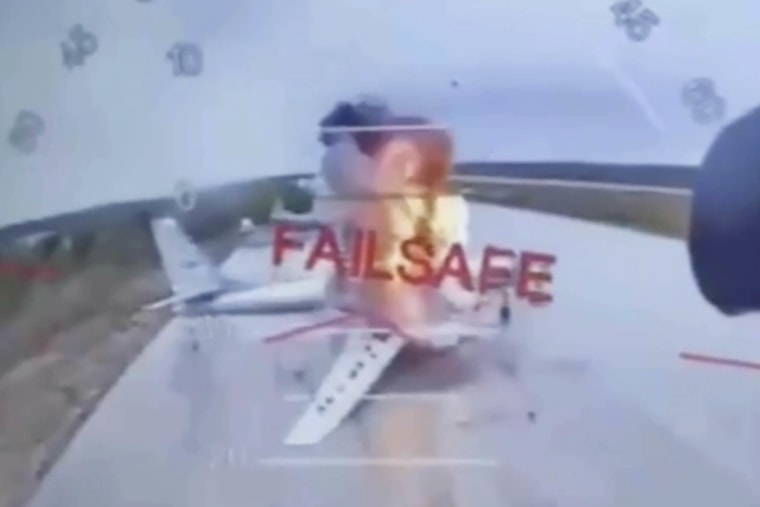
Ukraine's Drone Strike Shatters the Illusion of Russian Invulnerability
It’s hard to overstate the significance of what just happened: Ukraine has launched one of its boldest, most complex, and far-reaching attacks deep inside Russian territory. This wasn’t just another military maneuver—it was a clear message, and possibly a turning point in the ongoing war. The operation, dubbed “Spiderweb,” was a strategic drone assault that penetrated over 2,500 miles into Russian territory, targeting four major air bases—including one in Siberia. It’s already being compared by some to a modern-day “Pearl Harbor,” and not without reason.
Ukraine deployed 117 aerial drones, many of them smuggled into Russia over many months and hidden inside modified containers disguised as sheds. These containers were placed near critical air bases, and when the time came, their roofs lifted, allowing swarms of drones to fly out and strike with precision. Using first-person view (FPV) drone technology, the operators—likely positioned safely in Ukraine—executed one of the most coordinated long-range strikes seen in modern warfare.
The scale of the damage is still being assessed, but Ukrainian President Volodymyr Zelenskyy claimed that 40 Russian aircraft were hit, including a significant portion of Russia’s strategic bomber fleet—planes like the Tu-160s, Tu-22s, and Tu-95s that have long been used to launch devastating cruise missile attacks on Ukrainian cities. The estimated cost to the Kremlin? Around $7 billion. A stunning figure.
Also Read:- Brian Dietzen's Courageous Health Update Sparks Wave of Support from NCIS Fans
- Russia-Ukraine Peace Talks Resume Amid Explosive Escalations and Global Pressure
What makes this operation even more impactful is not just the physical damage, but the psychological blow to Vladimir Putin’s regime. At a time when Russia has been trying to project strength on the battlefield, this operation exposes a deep vulnerability. It reveals a weakness in Russia’s internal security, and perhaps more crucially, a gap in its air defense strategy. As one Western analyst noted, it’s remarkable—and humiliating—for a country like Russia to lose such a significant portion of its bomber fleet in a single operation.
All this occurred just hours before the latest round of peace talks between Ukraine and Russia in Istanbul. The contrast couldn’t be sharper. While Ukraine sent its defense minister, Russia’s delegation was led by a lower-ranking aide to Putin. Expectations for progress were already low. Now, with tensions escalated even further, diplomatic breakthroughs seem even more unlikely.
And yet, the stakes remain enormous. Russia has already retaliated by launching waves of drone attacks against Ukrainian cities, including 500 drones overnight, followed by another 84 the next evening. Civilian casualties continue to mount, but it’s clear many of these strikes had been pre-planned. Still, Moscow is likely to use the Spiderweb operation as justification for further escalation.
Some pro-Russian voices are calling for extreme retaliation—even nuclear strikes—while others are urging the Kremlin to demand that the United States pressure Ukraine into restraint. That puts added pressure on President Donald Trump, who is now brokering the talks. His recent comments, criticizing Putin’s continued civilian bombings while simultaneously offering concessions, have drawn scrutiny. The outcome of these negotiations—and how Washington positions itself—could shape the next phase of this war.
But for now, Ukraine’s message is clear: it may be outgunned, but it’s far from powerless. And in this latest strike, it’s shown the world that Russia’s might is not beyond reach.
Read More:



0 Comments